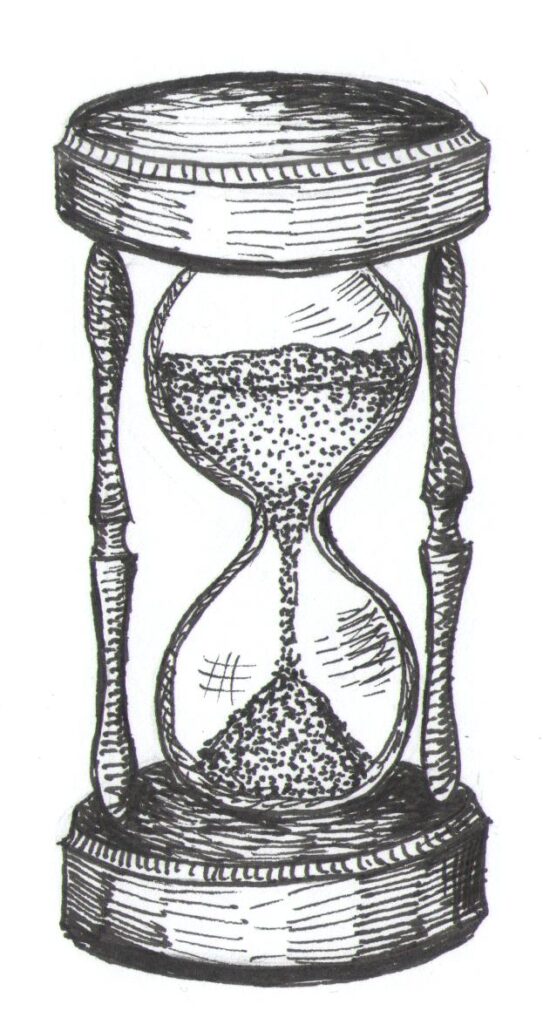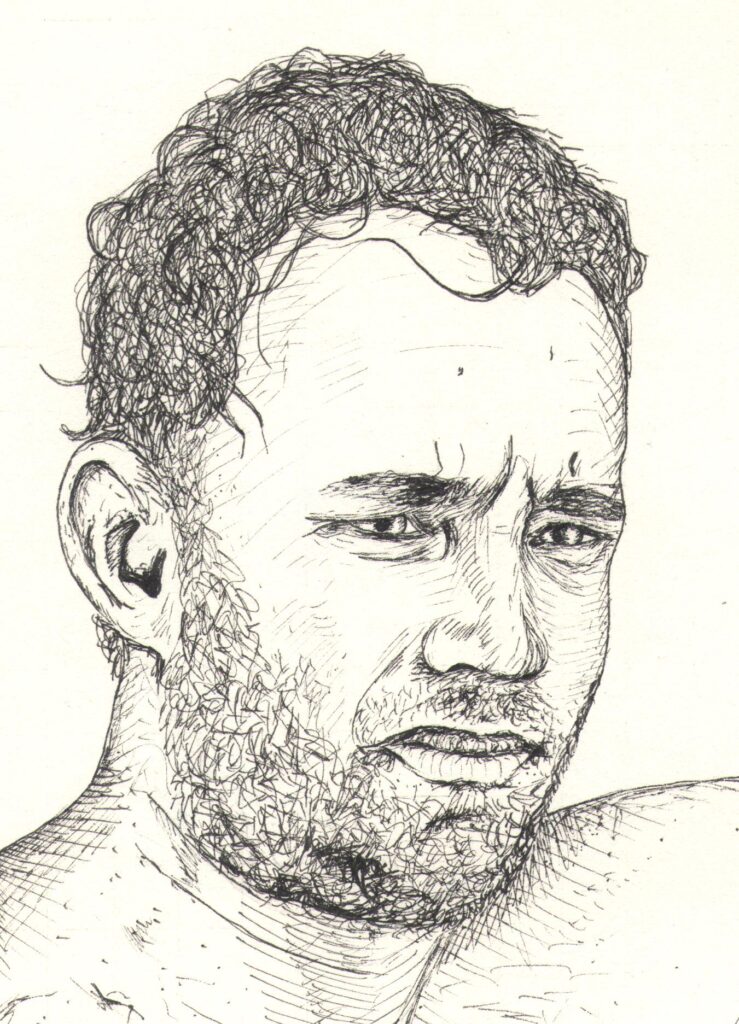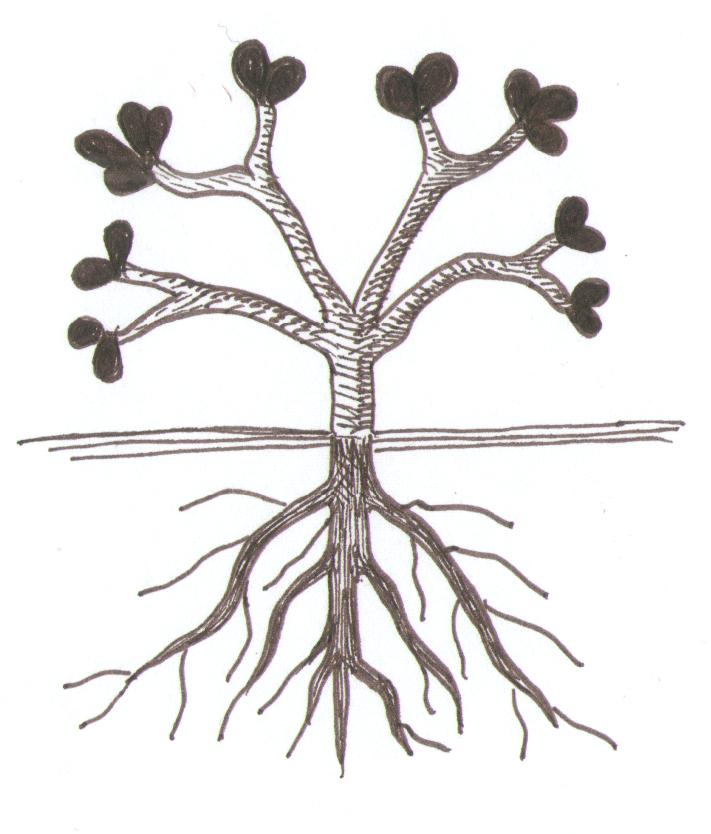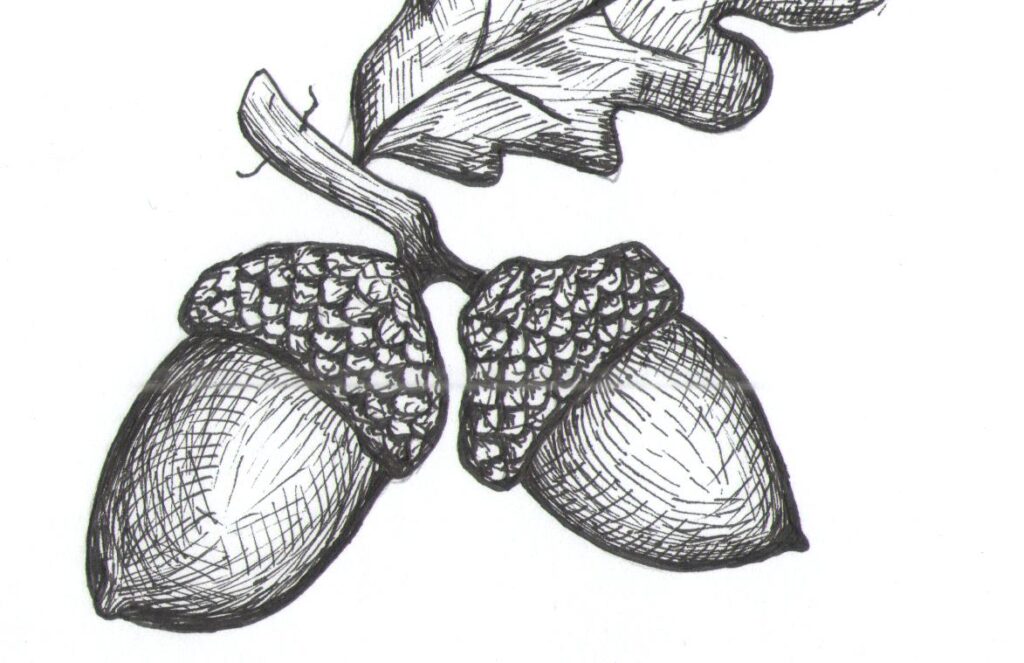
It seems like all of us, collectively and individually, are trying to get somewhere. But I don’t know if we know where or what the destination is.
The other day I saw a person overtake four or five cars because the car at the front of the line was driving very slowly. This was on a Sunday and I remember thinking, Where are you trying to get to? Truthfully, that wasn’t the only thing that went through my mind. I was the one in the oncoming lane, and so, I was also momentarily taken in by my own anger. Who knows how much time that person eventually saved by rushing, but it couldn’t have been more than a few minutes. Does it make up for the carelessness though?
Continue reading “Where are you trying to get to?”




